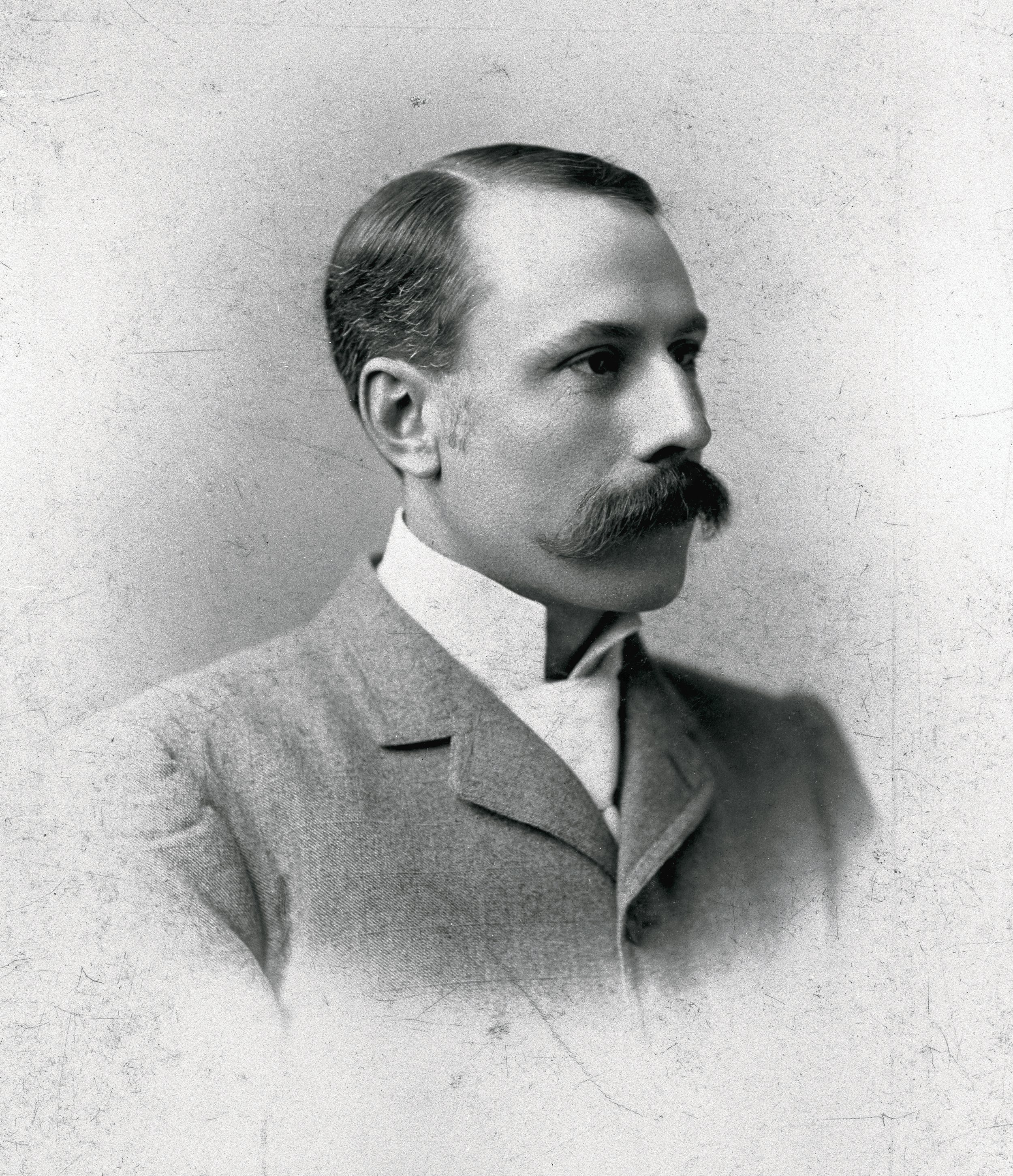Elgar: Cello Concerto
Composer Edward Elgar (1857-1934)
Photographs of Sir Edward Elgar present what appears to be the absolute archetype of the Edwardian English ruling class: a vast, rounded dome of a forehead, an imperious brow, a hawklike nose, and a mustache of a size and impressiveness that seem to defy the laws of both human anatomy and gravity. And the utter ubiquity of his Pomp & Circumstance March No. 1 at graduation ceremonies – the most formal activities in many Americans’ lives – reinforces his image as the embodiment of the British empire at its most dominant.
But, as is so often the case with these things, our preconception is almost entirely wrong. Elgar was Roman Catholic, the son of a humble small-town organist, and never studied at a prestigious London conservatory. Most of his music, far from being pompous or stuffy, displays an emotionalism and formal innovation more akin to Wagner than to, say, Sir Arthur Sullivan. And when he did marry into the upper class, the family of his new father-in-law – a retired Major-General – was so scandalized that they disinherited and cut off relations with the couple.
Elgar’s eventual recognition by the British and then worldwide audiences didn’t come till he was 42, with the 1899 premiere of the Enigma Variations. From that point he rode a wave of popularity that coincided with the golden, twilight years of the British empire and was ultimately dashed on the rocks of World War I. That conflict, which killed well over a million Britons and sparked Britain’s long decline as an imperial power, decimated British cultural life and turned musical tastes towards the unsentimental energies of Jazz and popular music and the equally unsentimental dissonances of Modernism. By 1919, when the Cello Concerto was written and premiered, Elgar’s unabashed Romanticism seemed to many a thing of the past.
The Cello Concerto is undoubtedly Elgar’s last great work, and it’s hard not to think that Elgar may have known that as he wrote it. In its lush, expressive harmonies, in its nakedly emotional melodies, and in its utterly free approach to form, it could have been written by innumerable composers from across Europe in much of the 19th Century; but in its alternation of melancholy mourning and bucolic joy, in its evocation of beautiful memories unsullied by the mawkishness of nostalgia, Elgar’s work could only be that of an Englishman at the height of his powers, looking back over a life – and, indeed, a way of life – soon to pass from the Earth.
See a performance
Chris Vaneman is the Director of the Petrie School of Music and Associate Professor of Flute at Converse College. Chris frequently leads the Spartanburg Philharmonic pre-concert lecture series “Classical Conversations,” and occasionally performs as a substitute flutist in the orchestra.

